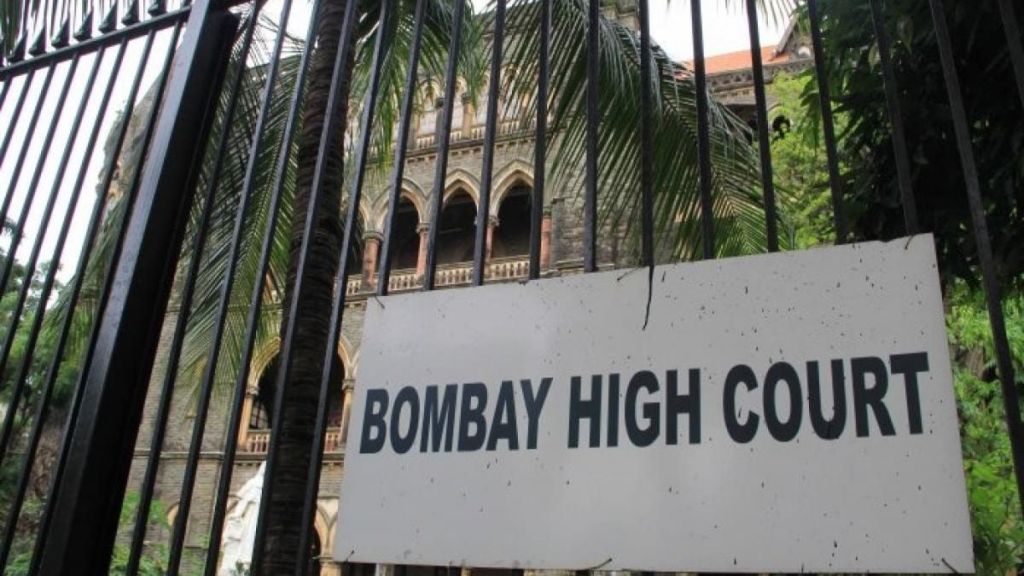
The Bombay High Court on Wednesday asked the Maharashtra government and the BMC to explore the possibility of having QR codes on licenses issued to hawkers, which would provide necessary information regarding their legal status.
A bench of Justices Ajey Gadkari and Kamal Khata also imposed a cost of Rs 25,000 on the BMC for failing to file an affidavit in response to petitions by certain hawkers alleging that, despite being legal hawkers, the BMC was not issuing them licenses.
During the hearing of a suo motu (on its own) plea against the menace of illegal hawkers in the city, an advocate for some hawkers, who claimed to be legal, suggested that the corporation should display QR codes on their licenses, similar to those on legal hoardings and banners.
Agreeing with the suggestion, the bench asked the corporation and the state to “explore the possibility of having QR codes on licenses.” This would enable citizens to scan the QR code and check the legal status of hawkers.
The corporation had earlier claimed that, even though they remove hawkers, the latter return. It stated that it was the police’s duty to ensure that such illegal hawkers do not come back. The BMC also claimed that, at times, they were not provided with sufficient police protection when taking action.
However, State Advocate General Birendra Saraf assured the court that they have been providing the requisite police protection to the corporation whenever required, whether it was for the removal of illegal hawkers, hoardings, or banners. Saraf emphasized that the primary duty of the police was to maintain law and order.
The bench underscored that the BMC and the state cannot raise their hands in helplessness and claim they are unable to control the menace of illegal hawking. “Law enforcers must enforce the law. Otherwise, they must admit they are unable to control it. The BMC says they are not able to control it. The state says they are not able to control it. This is a consistent problem,” the judges remarked.
Saraf suggested that CCTVs could be installed in no-hawking zones, and the corporation could have a monitoring station. “If they see even a single hawker in that area, action must be taken. There can’t be police officers stationed throughout the day,” Saraf said.
The bench stressed the importance of taking action against illegal hawkers, saying that the business of legal hawkers was affected “just because they follow the law.”
During the hearing, the court noted that, despite its order in August 2023 directing the BMC to file an affidavit clarifying the legal status of certain hawkers who had filed separate petitions, the corporation had failed to file its reply.
“Is the BMC officer above the law, or do the orders passed by a constitutional bench not apply to him?” asked the bench.
The bench then imposed a cost of Rs 25,000 on the BMC, to be recovered from the additional superintendent concerned.
The HC has kept the matter for hearing on February 7.